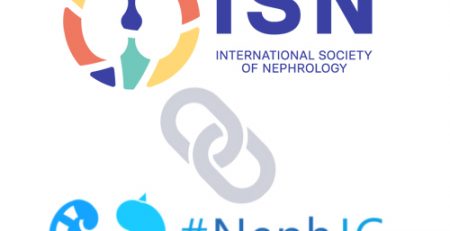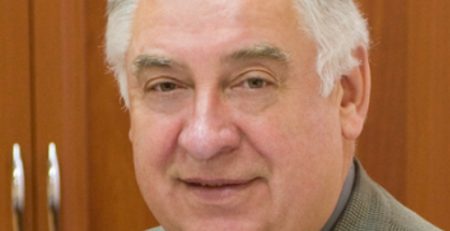China’s regional training centers partner to help each other
In response to the uneven state of nephrology care in China, ISN Regional Training Centers are responding to the educational needs of local medical communities. Ming-hui Zhao, ISN’s regional board chair for North East Asia, explains how regional collaboration is key to improving treatment for patients.
In Beijing and Shanghai, care is advancing while in the Western provinces there is a demand for renal replacement therapy (RRT), with a lack of dialysis machines and experienced staff, including nephrologists, nurses and technicians.
Ming-hui Zhao says: ‘The ISN regional training centers in China have gained support from ISN over the past three decades. These centers now provide great help to train nephrologists, nurses and technicians, not only in general nephrology, but also in dialysis including hemodialysis and peritoneal dialysis.’
In 2017, Peking University First Hospital organized two six-month general nephrology training courses, welcoming 60 nephrologists as well as four three-month hemodialysis training courses with some 120 participants, including HD teams. ‘After the training, they will initiate nephrology programs as well as HD programs in their local hospital,’ adds Zhao.
Zhao is also an ISN Educational Ambassador, having visited four university affiliated teaching hospitals in lower-resource regions. ‘The local nephrologists have a heavy clinical workload without a chance to access Continuing Medical Education [CME] training. They like the comprehensive lectures, case discussions and clinical pathology conference the most. This helps them learn how nephrologists and renal pathologist, revealing the underlying pathophysiology behind the diseases,’ he adds.
He believes that the ISN CME and Educational Ambassador programs are a welcome benefit to medical communities in lower-resources regions of China, who clearly get the most from the hand-on and bedside training.












